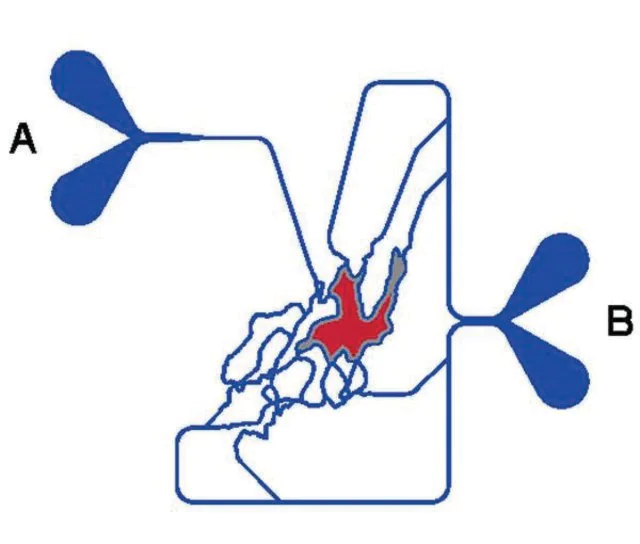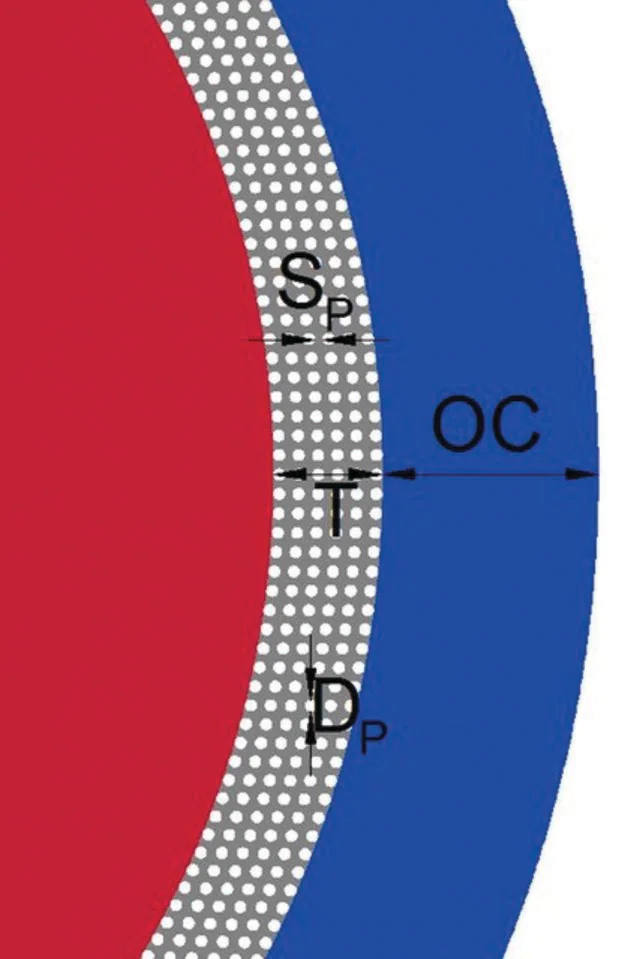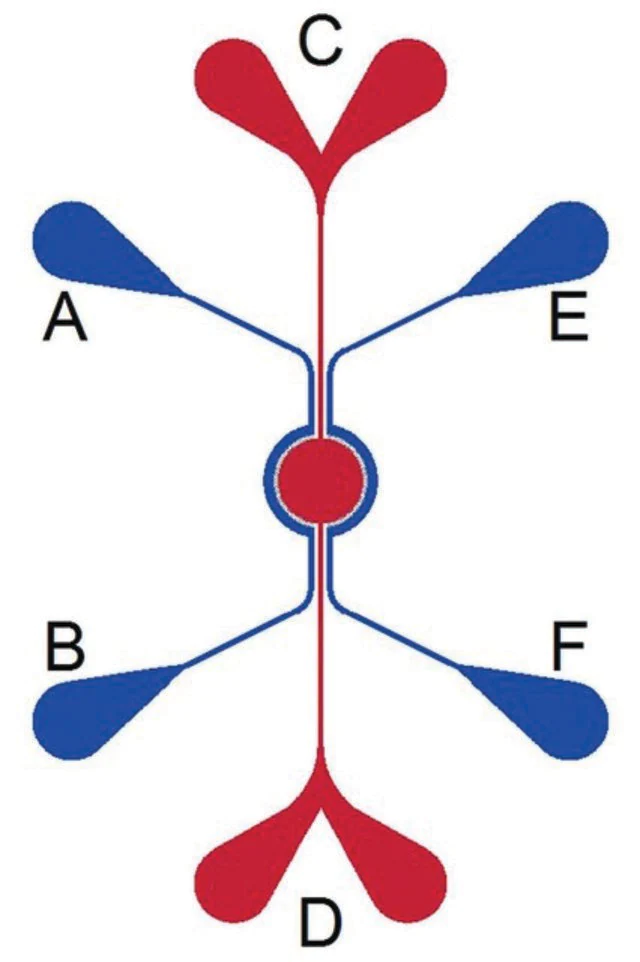您的位置:首页 > 产品中心 > SynVivo Transepithelial/endothelial Electrical Resistance configuration SynBBB blood brain barrier model chip
SynVivo Transepithelial/endothelial Electrical Resistance configuration SynBBB blood brain barrier model chip

产品性质
| packaging【包装】 | case of 1 ea |
| manufacturer/tradename | SynVivo 102015 |
| storage temp.【储存温度】 | room temp |
基本信息
| General description【一般描述】 | SynBBB Blood Brain Barrier Model Chip - TEER configuration - Barrier type: Slits, Slit width: 3 μm, Distance between slits: 50 μm, Travel/barrier width: 50 μm, Outer Channel width: 200 μm, Device depth: 100 μm, Impedence measurement. This TEER enabled chip is used to create the SynBBB model in monoculture, co or tri-culture configurations. SynVivo′s SynBBB 3D blood brain barrier model recreates the in vivo microenvironment by emulating a histological slice of brain tissue cells in communication with endothelial cells across the blood brain barrier (BBB). Shear-induced endothelial cell tight junctions, which cannot be achieved in the Transwell model, are easily achieved in the SynBBB model using physiological fluid flow. Formation of tight changes can be measured using biochemical or electrical analysis (assessing changes in electrical resistance) with the SynVivo Cell Impedance Analyzer. Interactions between brain tissue cells and endothelial cells are readily visualized in the SynBBB assay. Transwell models do not allow real-time visualization of these cellular interactions, which are critical for understanding of the BBB microenvironment. SynBBB is the only in vitro BBB model that allows:
The SynBBB system is a highly versatile platform for investigation of:
|
| Linkage【联系】 | LInk to Publications application text |








